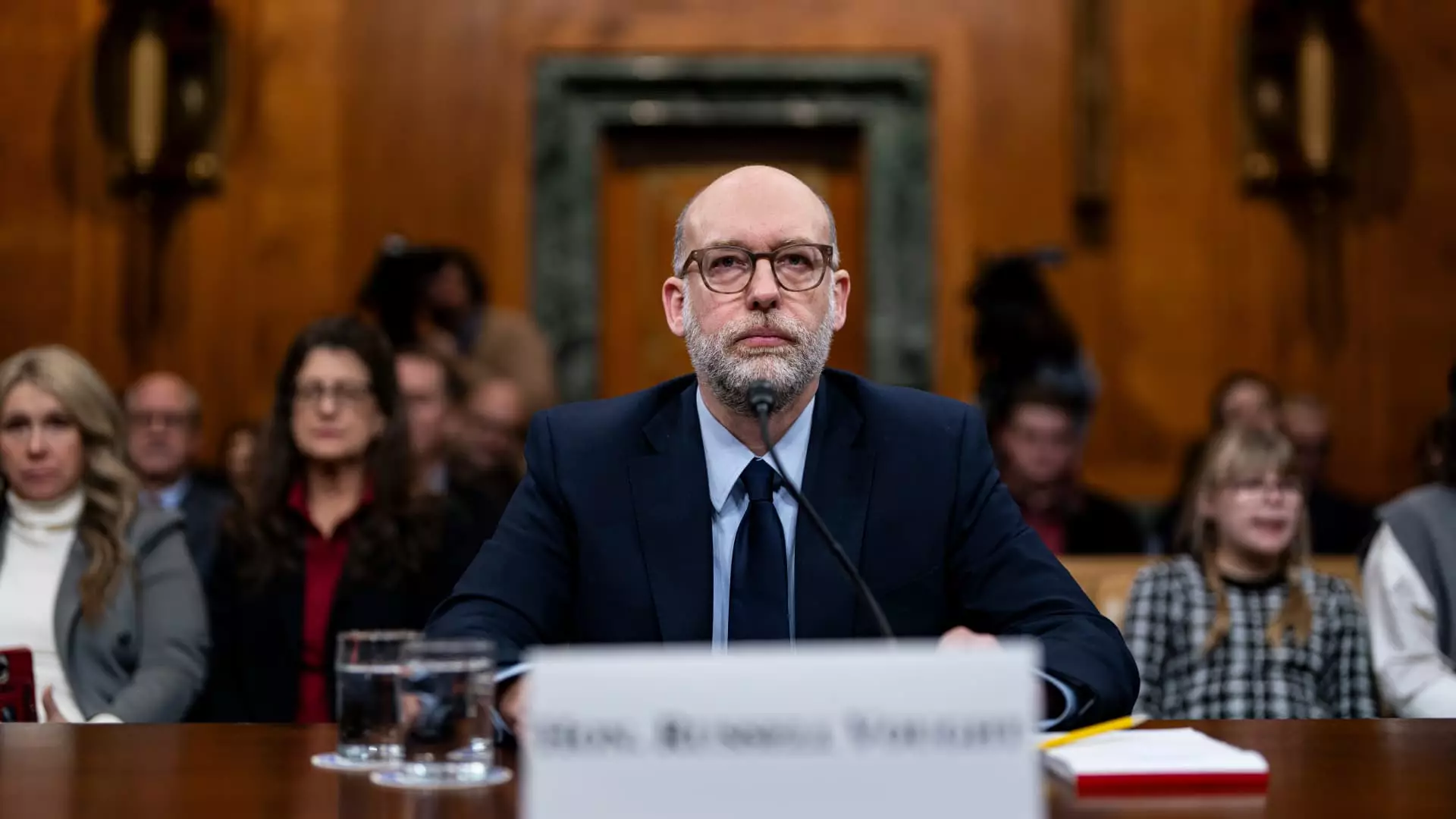The recent changes within the Consumer Financial Protection Bureau (CFPB) mark a significant pivot from the agency’s previously set objectives under the last administration. Now helmed by acting director Russell Vought, the CFPB has made headlines by dismissing numerous enforcement lawsuits that were initiated by former director Rohit Chopra. This sweeping alteration not only reflects Vought’s agenda but also signifies a broader shift in how the bureau intends to approach its regulatory and enforcement roles moving forward.
Among the cases dismissed are well-known entities such as Capital One and the Berkshire Hathaway-owned Vanderbilt Mortgage & Finance. The CFPB formally filed notices of voluntary dismissal stating, “The Plaintiff, the Consumer Financial Protection Bureau, dismisses with prejudice this action against all Defendants,” indicating a definitive end to these legal actions. The implications of these dismissals extend beyond the immediate legal battles, indicating a strategic retreat from practices deemed aggressive or unnecessary by the new leadership.
This newfound leniency is notable, especially when contextualized against the backdrop of tighter scrutiny and enforcement laws pursued by Chopra. Legal analysts suggest that these dismissals are not merely administrative moves but signal a profound ideological realignment within the bureau concerning consumer financial protections. The cases against fintech operations like Rocket Homes and the Pennsylvania Higher Education Assistance Agency also reflect the evolving perspective on how the CFPB views alleged malpractices in the financial sector.
The changes extend further than merely dismissing cases. Under Vought’s leadership, the CFPB has taken significant steps to restructure. The agency’s Washington headquarters has been closed, approximately 200 employees have been let go, and remaining staff have been instructed to halt most ongoing work. This drastic downturn in workforce not only raises concerns about the effectiveness of the bureau but also emphasizes the nature of its shift in operational capabilities. Former employees of the CFPB have expressed caution, noting that active cases are likely to face similar fates as the agency distances itself from Chopra’s initiatives.
As observers assess these developments, questions arise about what this means for consumer protection at large. The abrupt cessation of legal actions aimed at holding lenders accountable may embolden some financial institutions, potentially placing consumers at a disadvantage. Additionally, the communication from the acting director regarding the cessation of regulatory actions raises concerns about whether the CFPB can fulfill its primary mission effectively.
Ultimately, the path taken by the CFPB under Vought significantly alters the landscape of consumer financial regulation. It presents a critical juncture for the agency, one that will necessitate careful scrutiny from both industry insiders and consumer advocates. As the situation develops, it will be essential to monitor how these strategic decisions translate into practical outcomes for consumers traversing the complex financial landscape.

